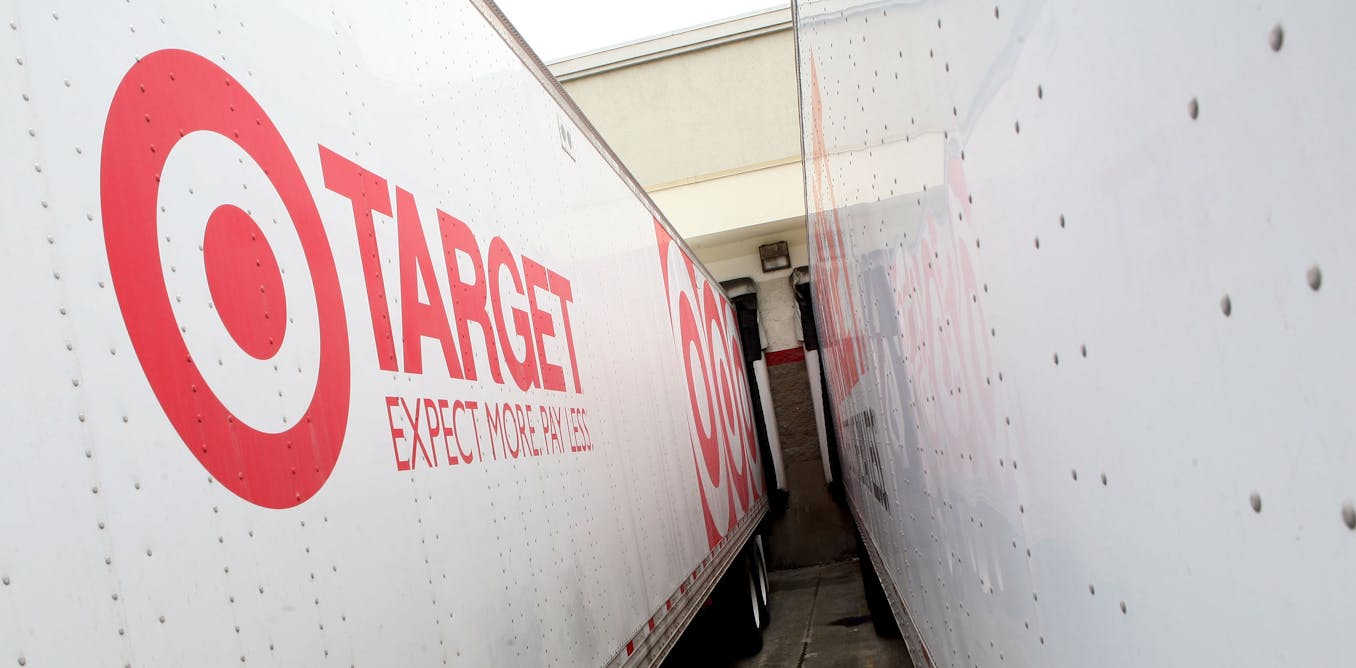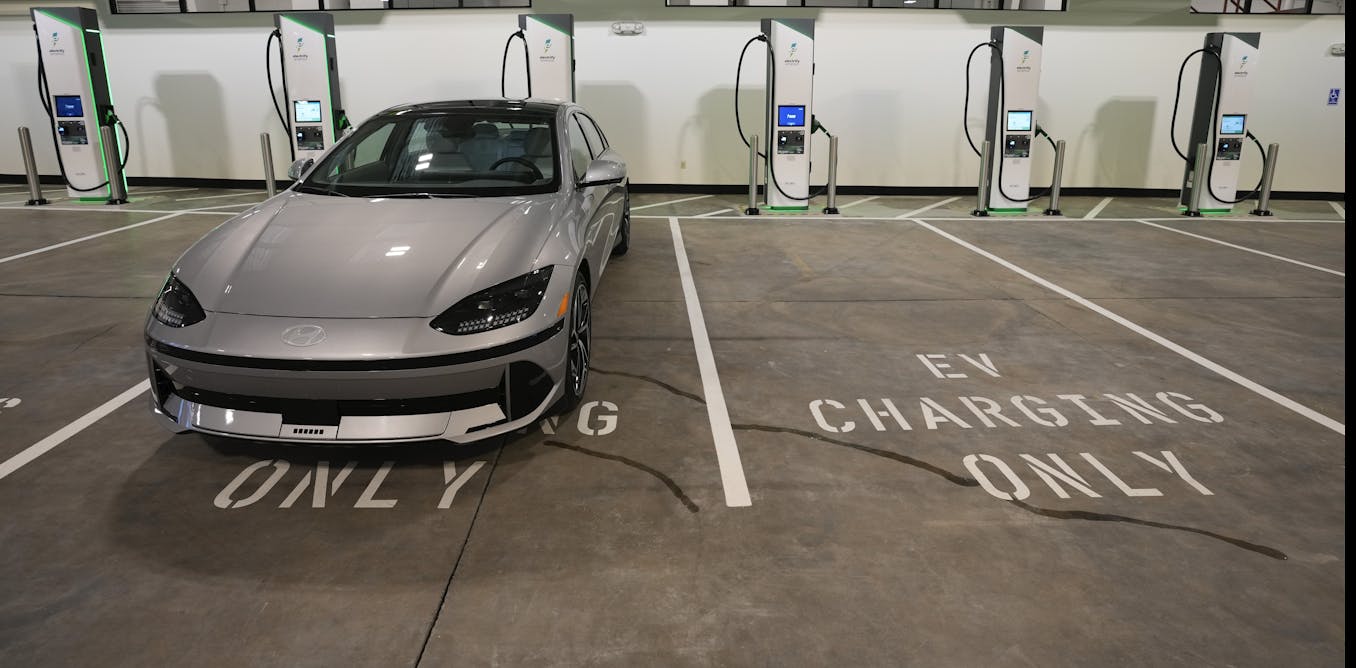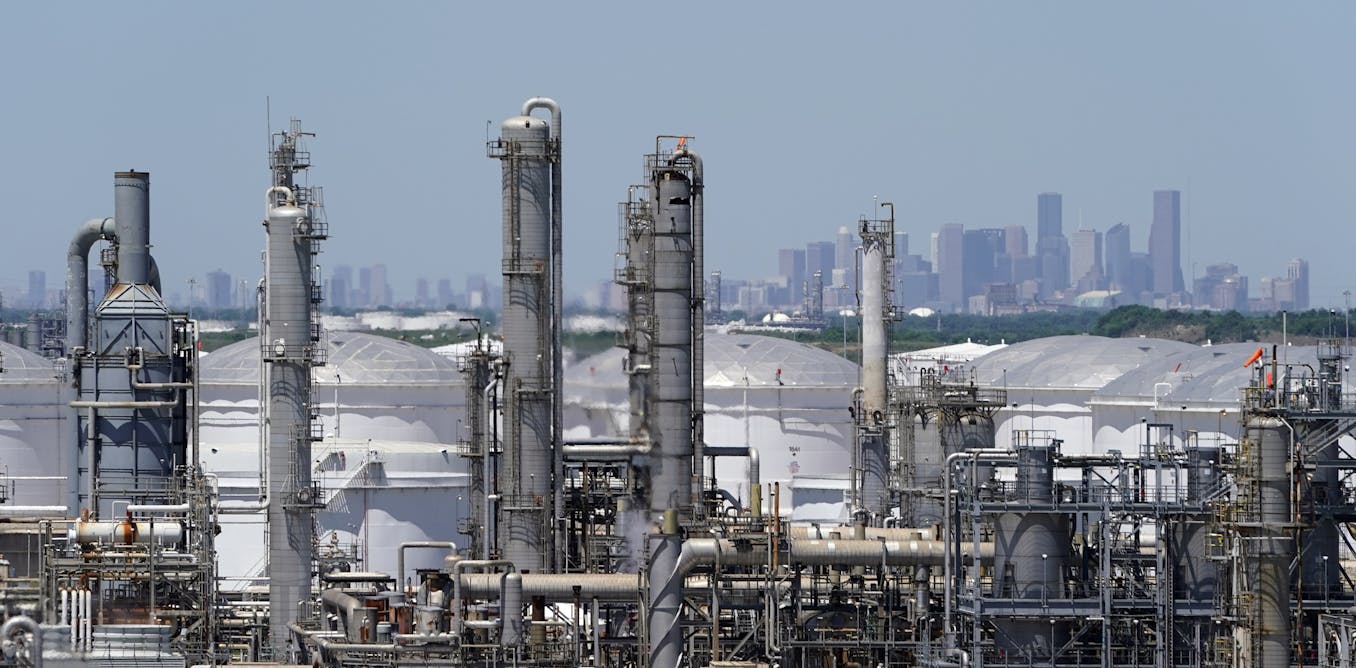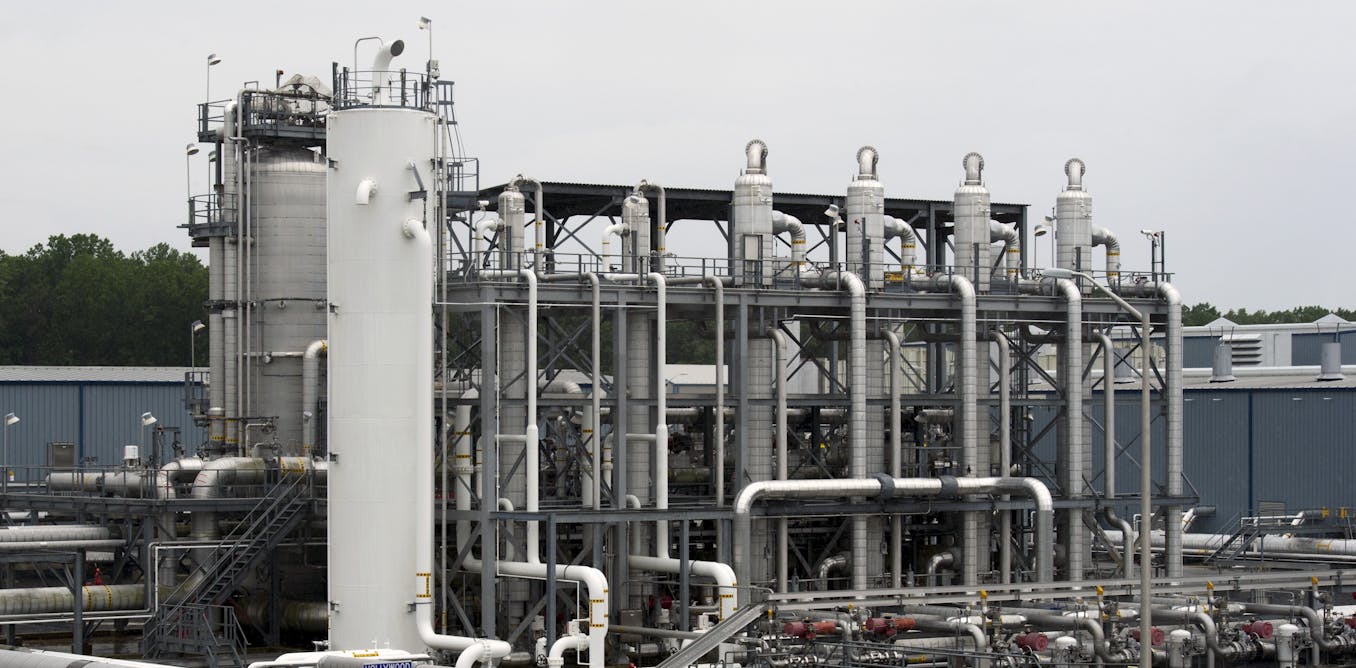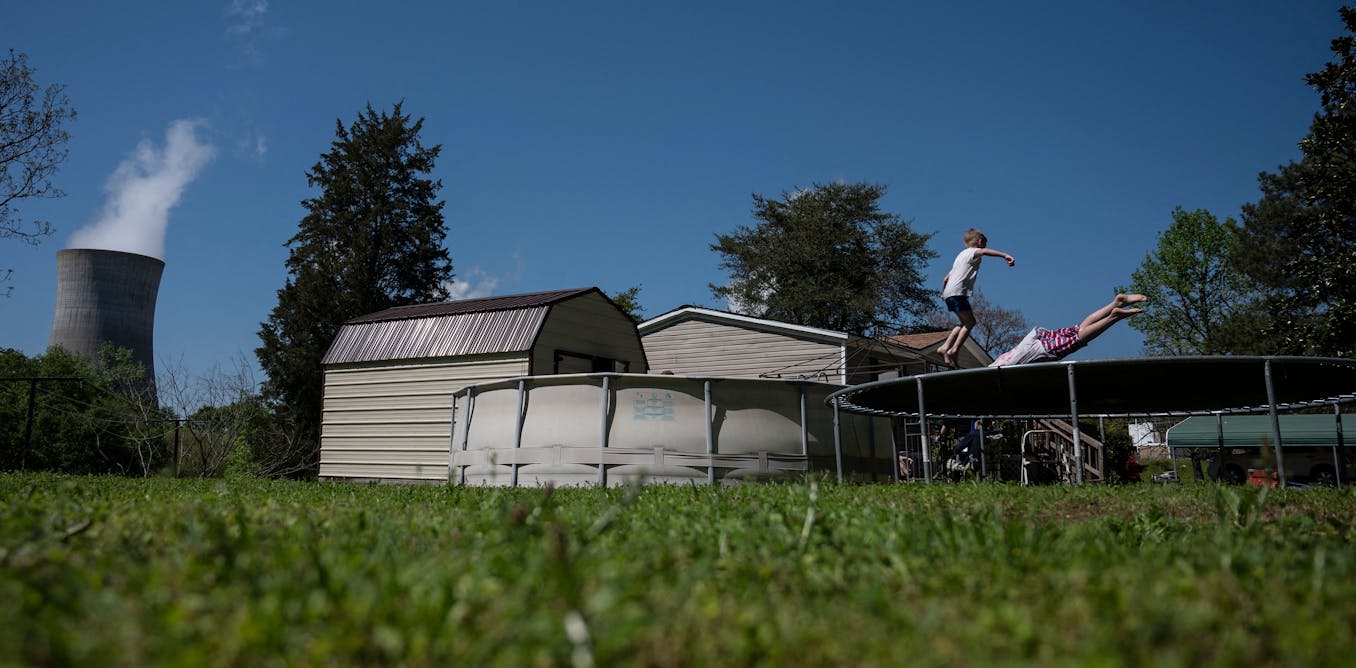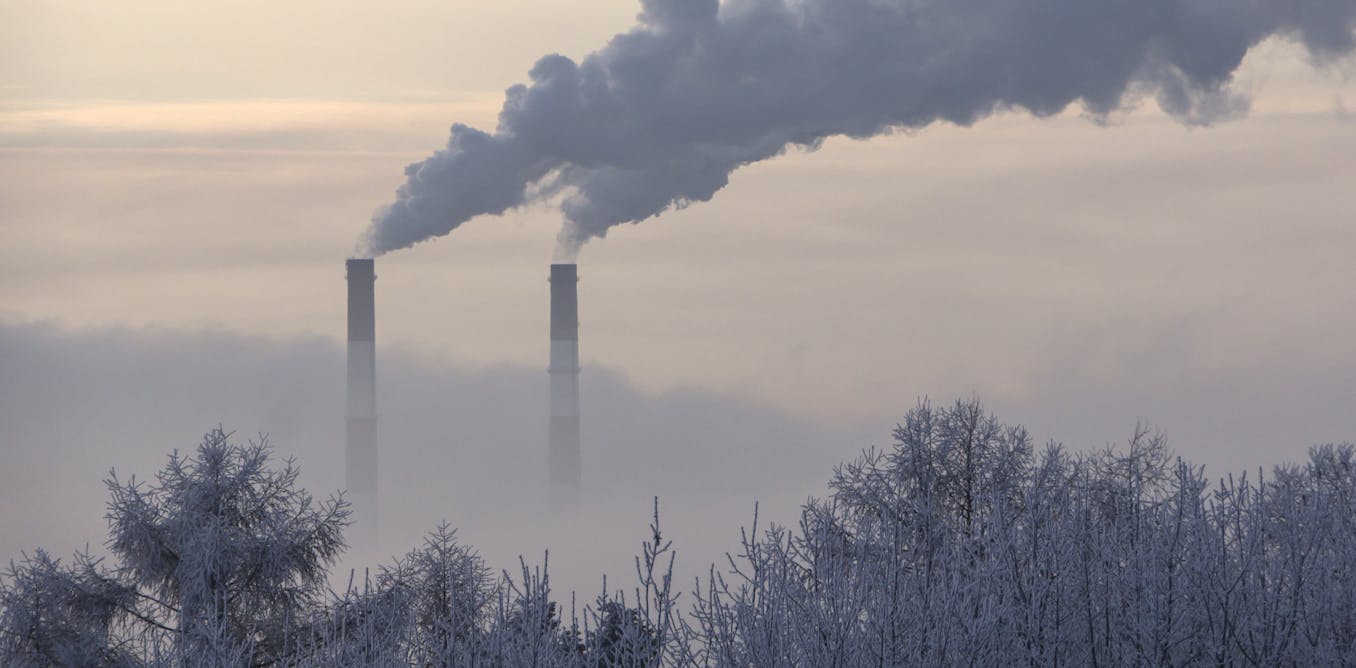Large retailers don’t have smokestacks, but they generate a lot of pollution − and states are starting to regulate it
For decades, big-box retailers have evaded federal regulation of the pollution their operations generate. But a new air emission rule in Southern California could become a model for state controls.
today • ~11 min

